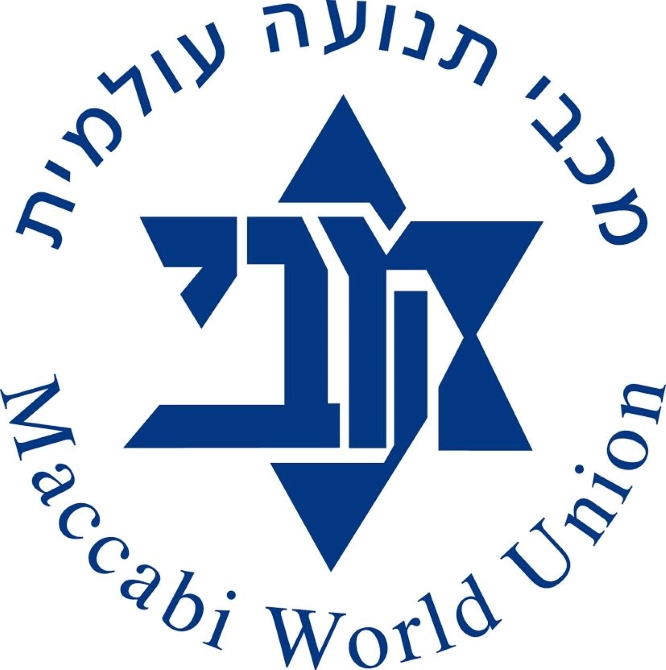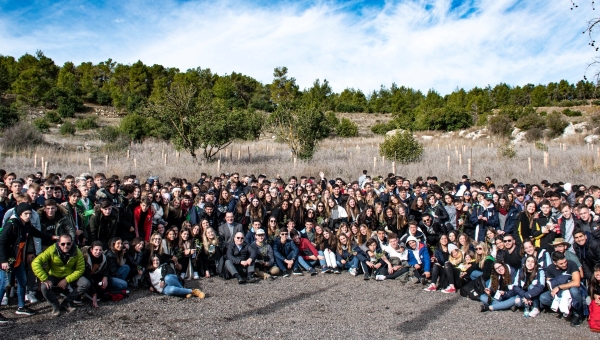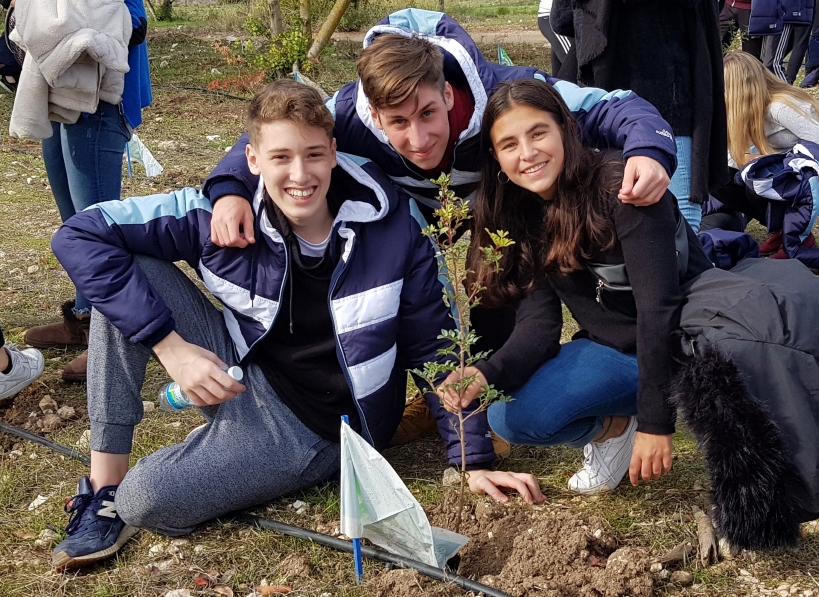
We have received a message from RABINO CARLOS A. TAPIERO Vice-Director General & Director of Education Macabi World Union, here I transmit them
" Tu[1] Bishvat, Medinat Israel & The transformation of the Jewish People"
Dear friends,
We are getting closer to Tu Bishvat – the 15th of the Hebrew month of Shvat: the festivity which celebrates "the New Year of Trees ", meaning the renewal of the natural cycle in the Land of Israel, represented by the flowering of the shkediah - the almond tree during the peak of the Israeli winter. This is a day of great joy in Medinat Israel, when children and young Israelis turn en masse to plant trees throughout the length and breadth of the Land of Israel - the most forested country in the world, with a rate of forestation much above the local wood consumption.
If you would ask most Jewish communities about the meaning of Tu Bishvat a hundred years ago, only a few of the very knowledgeable Jewish scholars could describe some of the characteristics of this celebration, referring basically to the times of the Mishnah, about 2000 years ago: "1st of Shvat is the New Year of the trees, according to the Rabbinical School of Shamai; the Rabbinic School of Hillel says: it is on the 15th of Shvat."[2]
But the establishment first of the Yishuv (pre-Medinat Israel), and then of the State of Israel, brought Tu Bishvat to the central stage of the Jewish people because of the very existence of our renewed National life in our Ancient Homeland. This very, very secondary celebration of the Jewish calendar turned to be crucial to the new-old Jewish State… because it provided with green to a land that had been devastated especially by the Ottoman Empire.

This new-old life, this returning to the Promised Land, posed new challenges to the Jewish leadership. Rabbi Avraham Yitzchak HaCohen Kook[3], the first Chief Rabbi of the First Zionist new City, Tel Aviv, when asked about Tu Bishvat, shared the following anecdote:
During a Tu Bishvat ceremony (1924), Rabbi Kook was at the establishment of Magdiel, a new townlit in the Sharon area. He was so overcome with emotion that tears flowed from his eyes and his face turned red and bright. Rabbi Kook was offered a hoe for planting a tree – and, to the surprise of everybody present at the ceremony, he refused to use it. Instead, he began digging with his bare hands… When asked about that odd decision from someone so admired by the growing Yishuv, Rabbi Kook provided the following explanation: “Since the planting of a tree in the Land of Israel is an act of holiness[4] and not just an agricultural chore, it is preferable not to use a tool which stands between the person doing the planting and the Holy Land he is cultivating”.
Of all the beautiful things the National Jewish life brought to the people of Israel in their Land and in all their Diasporas, Tu Bishvat is an example of resignifying and providing new sense to some forgotten traditions that were relevant as long as we lived in the Land of our Inheritance. It did not lose its holy dimension: on the contrary, it deepened it, and gained, too, the benefit of honoring ecology, establishing forests and glades, and bringing back to life the hills and valleys of the Land of Israel… with our own bare hands!
That was the reason why 450 of our finest future educators – the Bekeff Hadrachah Program coming from FACCMA and all its associates in Argentina – started their one-month educational program in Israel just few weeks ago by planting with their bare hands trees in the State of Israel, a holy and very practical way to reclaim back our Heritage.

May we, in this Tu Bishvat, root our souls with our renewed commitment to the Land of Israel and the State it comprises, for a present filled with a profusion of all manner of fruits and the promise of future growth and development.
Tu BiShvat Sameach!
Chazak ve'ematz!
RABBI CARLOS TAPIERO
Deputy Director-General & Director of Education
Maccabi World Union
[1] The name Tu BiShvat is a Hebrew Date: the 15th Day of the month of Shvat. In Hebrew alphabet numerology, the letter Yud stands for 10, so for example 11 is Yud-Aleph; 15, however, is not Yud-Heh because that would form one of the names of HaShem. Thus 15 is formed from Tet (9) & Vav (6).
[2] Mishnah, Rosh Hashana, 1: 1.
[3] 1863-1935.
[4] "When you enter the land [of Israel] and plant a fruit tree ..." - Vaikrah (Leviticus) XIX, 23.
Photos courtesy of MWU








